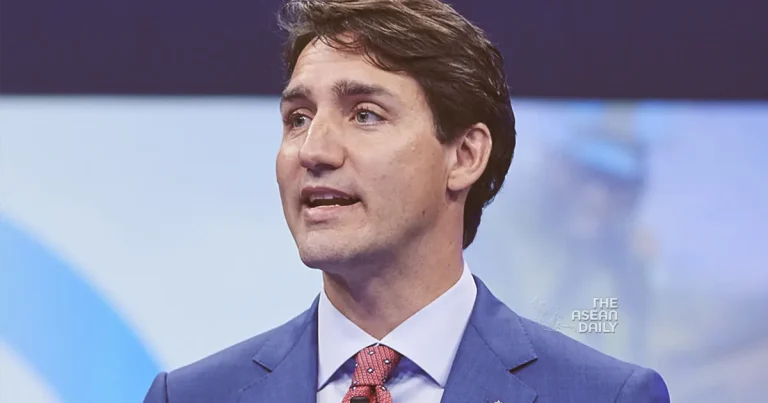19-9-2023 (OTTAWA) A diplomatic feud is intensifying between Canada and India following allegations of Indian involvement in the assassination of a Sikh activist on Canadian soil. Both countries have retaliated by expelling senior diplomats, significantly straining their relations.
Canadian Prime Minister Justin Trudeau revealed that Canada was investigating “credible allegations” linking India to the murder of prominent Sikh leader Hardeep Singh Nijjar in June. Canada expelled an Indian diplomat, identified as the head of India’s intelligence agency in the country, while India reciprocated by expelling a senior Canadian diplomat based in India.
Nijjar was a prominent Sikh leader in western Canada and a vocal supporter of Khalistan, a separate Sikh homeland. He was gunned down in his truck in June, sparking shock and outrage within the Sikh community in Canada. The Khalistan movement is considered a national security threat by India, with several associated groups labeled as “terrorist organizations.”
India vehemently denied Trudeau’s allegations, calling them “absurd and motivated.” The country accused Canada of sheltering Khalistani terrorists and allowing interference in its internal matters by Canadian diplomats.
The allegations have strained relations between Canada and India, resulting in a pause in their ongoing trade deal. The issue of activism within Canada’s Sikh diaspora has long been a point of tension, with some Canadian political figures expressing sympathy for Khalistani elements.
In 2018, Trudeau’s visit to India was marred by controversy, with his perceived support for Sikh activists straining relations between the two nations. Analysts noted Trudeau’s presence at a Sikh event in Toronto where separatist flags and posters depicting an extremist Sikh leader were displayed.
The Khalistan movement’s origins date back to India’s independence in 1947, with some Sikhs demanding a separate nation in Punjab. The movement gained prominence over the years, leading to violent clashes between its followers and the Indian government.
Although Khalistan supporters within India remain a minority, the movement garners sympathy from some Sikhs within the global diaspora, especially in Canada, Britain, and Australia. A small but influential number of Sikhs support Khalistan, periodically holding referendums to establish a separate homeland.




